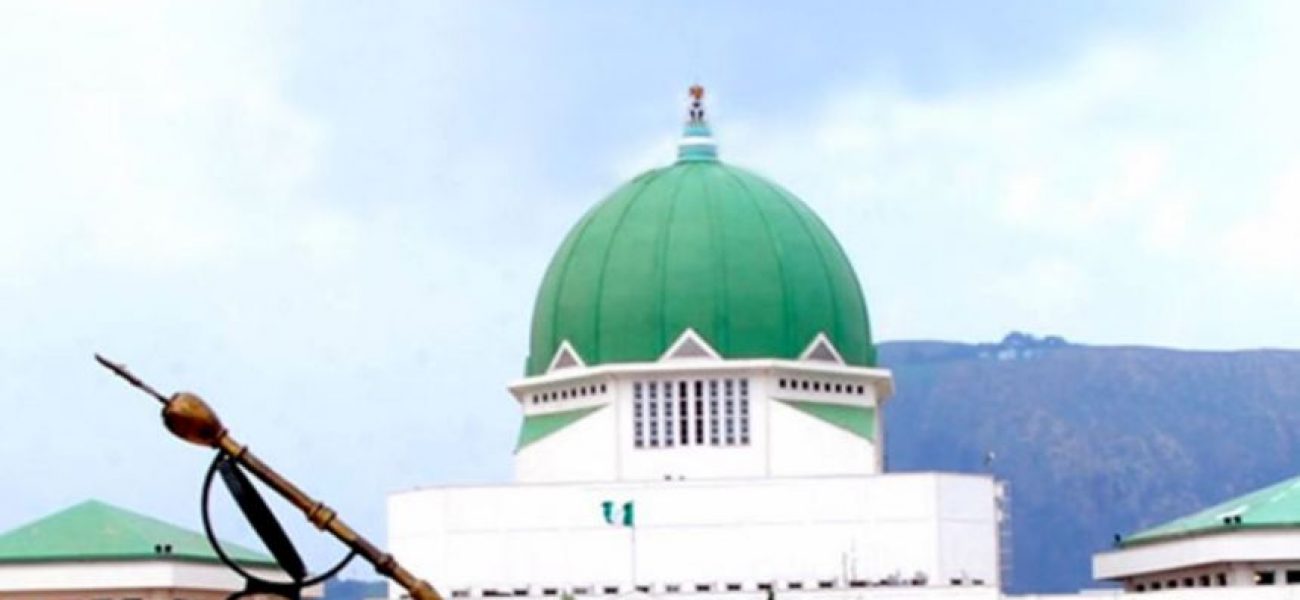The Senate and the House of Representatives have deferred plenary sitting to Tuesday, 5th November, 2019 to enable its Standing Sub-Committees conclude budget hearings with Ministries, Departments and Agencies (MDAs). The extension of the time frame scheduled for budget defence came after its brief resumption on Tuesday, 29th October 2019, which was earlier slated for its conclusion after an initial two-weeks break for budget defence. It will be recalled that both chambers had suspended plenary for budget defence following President Buhari’s presentation of a N10.33 Trillion budget for the 2020 fiscal year at a Joint Session of the National Assembly on 8th October 2019 and a subsequent debate on its general principles.
At budget defence, heads of Ministries, Departments and Agencies (MDAs) are expected to appear before relevant Committees of the National Assembly to defend their budget proposals as section 80(3) of the 1999 Constitution (as amended) prevents the withdrawal of public funds without approval by the National Assembly. This power in recent years has been wielded by the National Assembly as a basis for reducing, maintaining or increasing the expenditure allocated in the Federal government’s proposal. In this regard, it is notable that the Executive’s 2017 (N6.06 Trillion), 2018 (N8.61 Trillion) and 2019 (N8.92 Trillion) budget proposals were upwardly revised to N7.44 Trillion, N9.22 Trillion and N8.92 Trillion by the National Assembly respectively.
Highlights of the highest capital budgets of some MDA’s in the budget details on the one hand include the Ministry of Defence (N99, 869,263,767), Federal Ministry of Works and Housing (N259, 201,375,039), Federal Ministry of Power (N127, 668,777,103), Federal Ministry of Education (N50,946,799,987), Federal Ministry of Health (N46,477,832,301) and Federal Ministry of Agriculture (N79,793,992,129). Some of the highest recurrent budgets of some MDAs on the other hand include the Ministry of Defence (N778, 589,343,660), Ministry of Interior (N219,457,740,793), Ministry of Police Affairs (N395,832,284,959), Federal Ministry of Education (N490, 203,716,015), Federal Ministry of Health (N336, 322,463,885) and Federal Ministry of Youths and Sports Development (N168,331,040,938).
However, these budget figures raise debt sustainability concerns with Nigeria’s total recurrent cost in the 2020 fiscal year projected at N4.88 trillion with a budget deficit of N2.18 trillion. This is an increase from the 2019 fiscal year, which projected N4.04 trillion as the total recurrent cost with a budget deficit of 1.86 trillion. It is noteworthy that the Executive’s 2020-2022 Medium Term Expenditure Framework (MTEF) and Fiscal Strategy Paper (which are used in budget preparation) also flagged Nigeria’s widening fiscal deficit while calling for an alternative route away from the burgeoning rise in debt.
While it falls to the National Assembly to pass the Appropriation Bill timeously and return the budget to the January to December fiscal year, further steps must be taken to institutionalise the process. In the 8th Assembly, President Buhari lost an opportunity to do so by rejecting the two Constitution Alteration Bills seeking to facilitate early budget consideration and passage. While the Constitution alteration Bill titled “Authorisation of Expenditure (1)” sought to reduce the maximum period that a President or Governor could authorise the withdrawal of monies from the Consolidated Revenue Fund in the absence of an Appropriation Act from six months to three months, the Constitution alteration Bill titled “Authorisation of Expenditure (2)” required the President or Governor of a State to present an Appropriation Bill before the National Assembly or State House of Assembly no later than 90 days to the end of a financial year. Nonetheless, with the President commendably presenting the earliest budget since 2003 with promises for subsequent early presentations, it is recommended that the 9th Assembly revisit the Bill in a future alteration exercise.
It will be recalled that the N10.33 trillion budget estimate is predicated on an oil price benchmark of $57 per barrel at 2.18 million barrels per day, an exchange rate of $305 per dollar and GDP growth of 2.93% as contained in the 2020-2022 Medium Term Expenditure Framework (MTEF) and Fiscal Strategy Paper (FSP) that was approved by the National Assembly in September, 2019.

